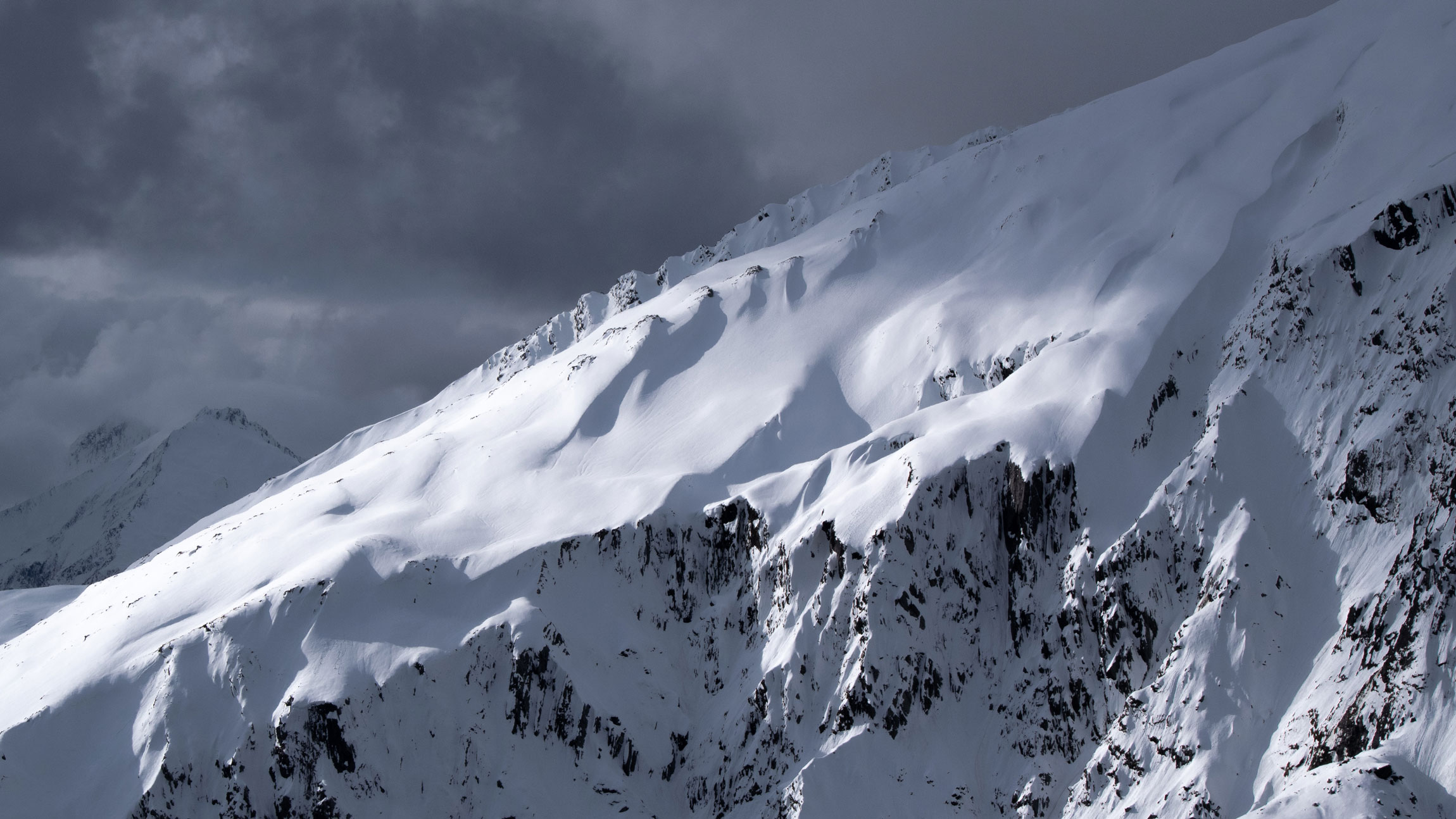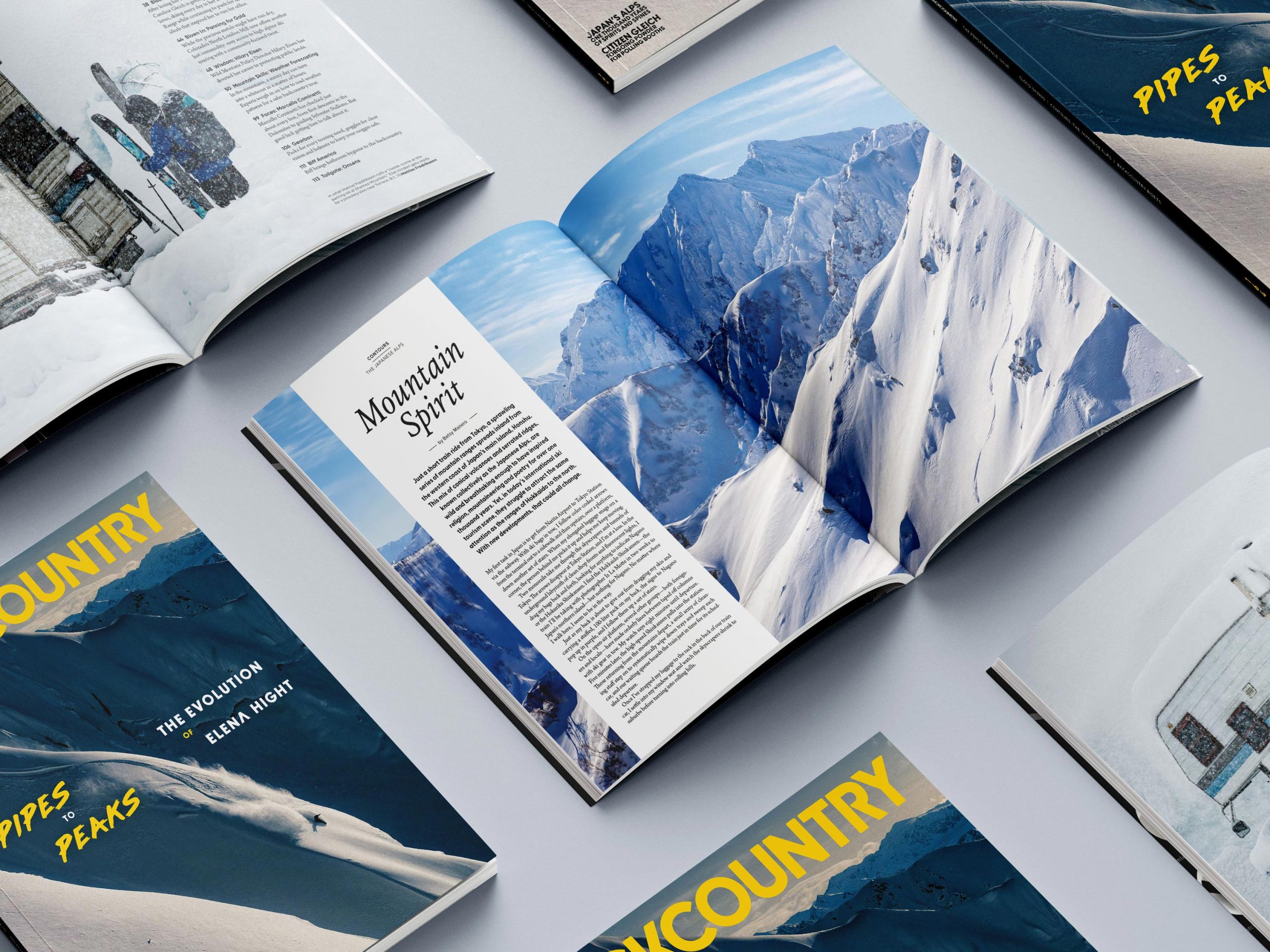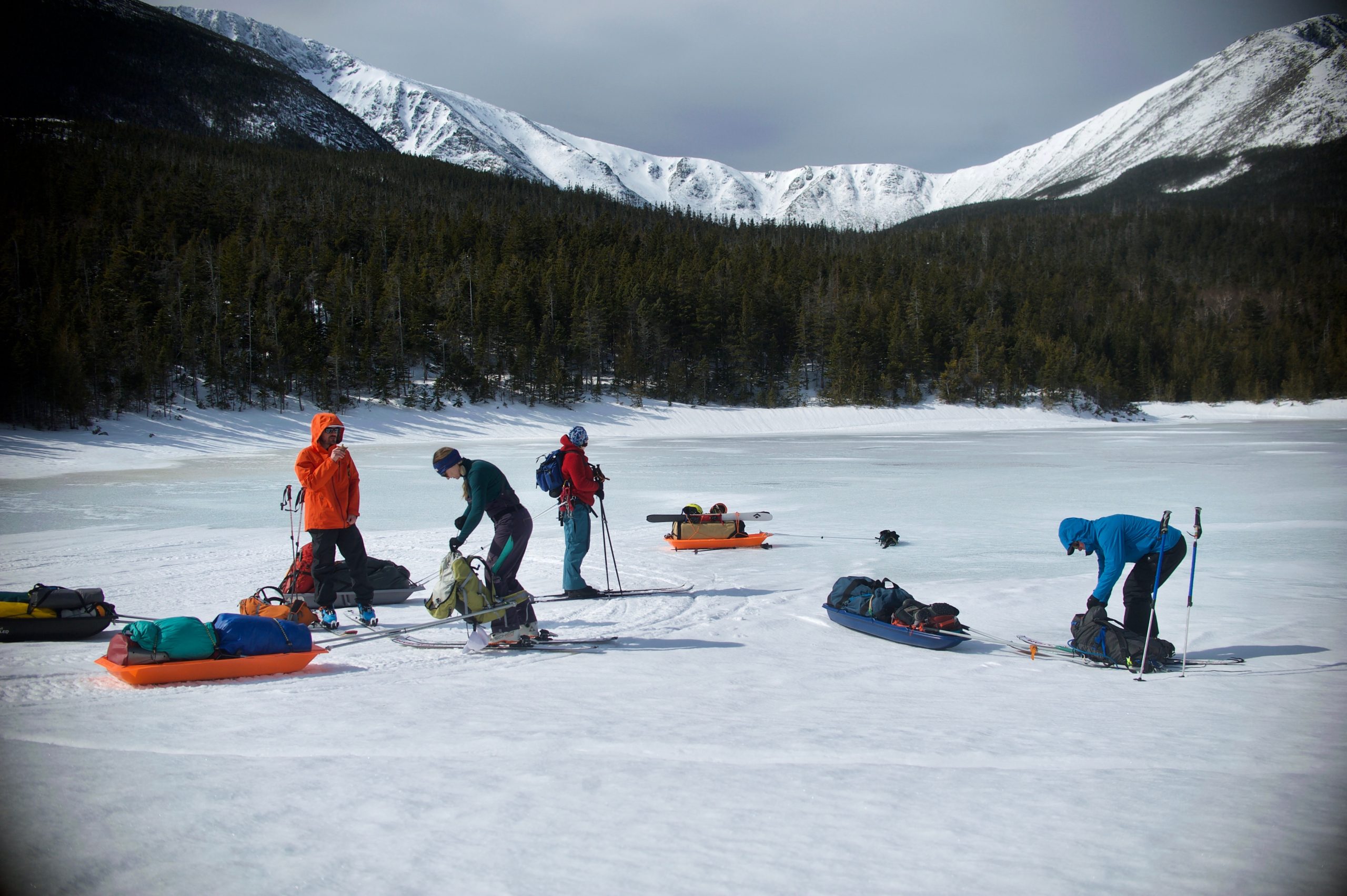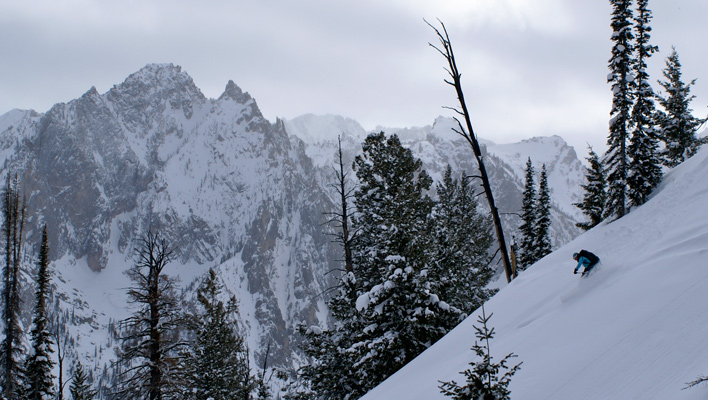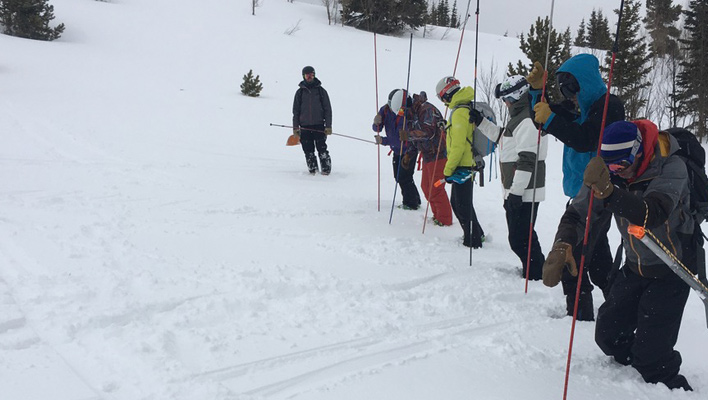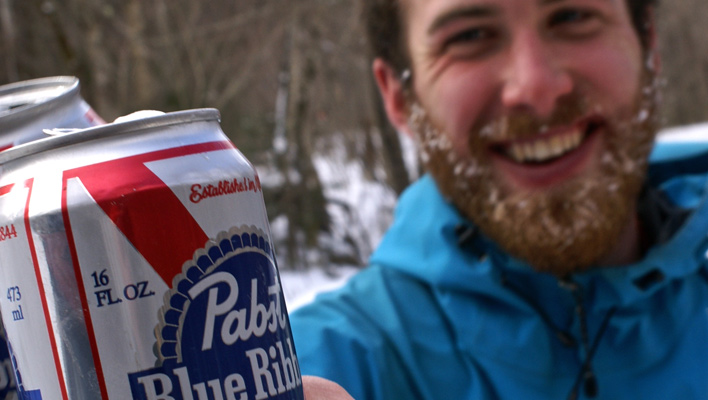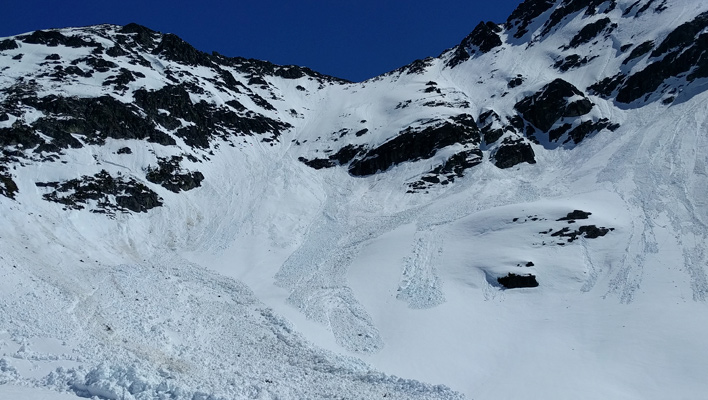Trick or Treat! 🎃
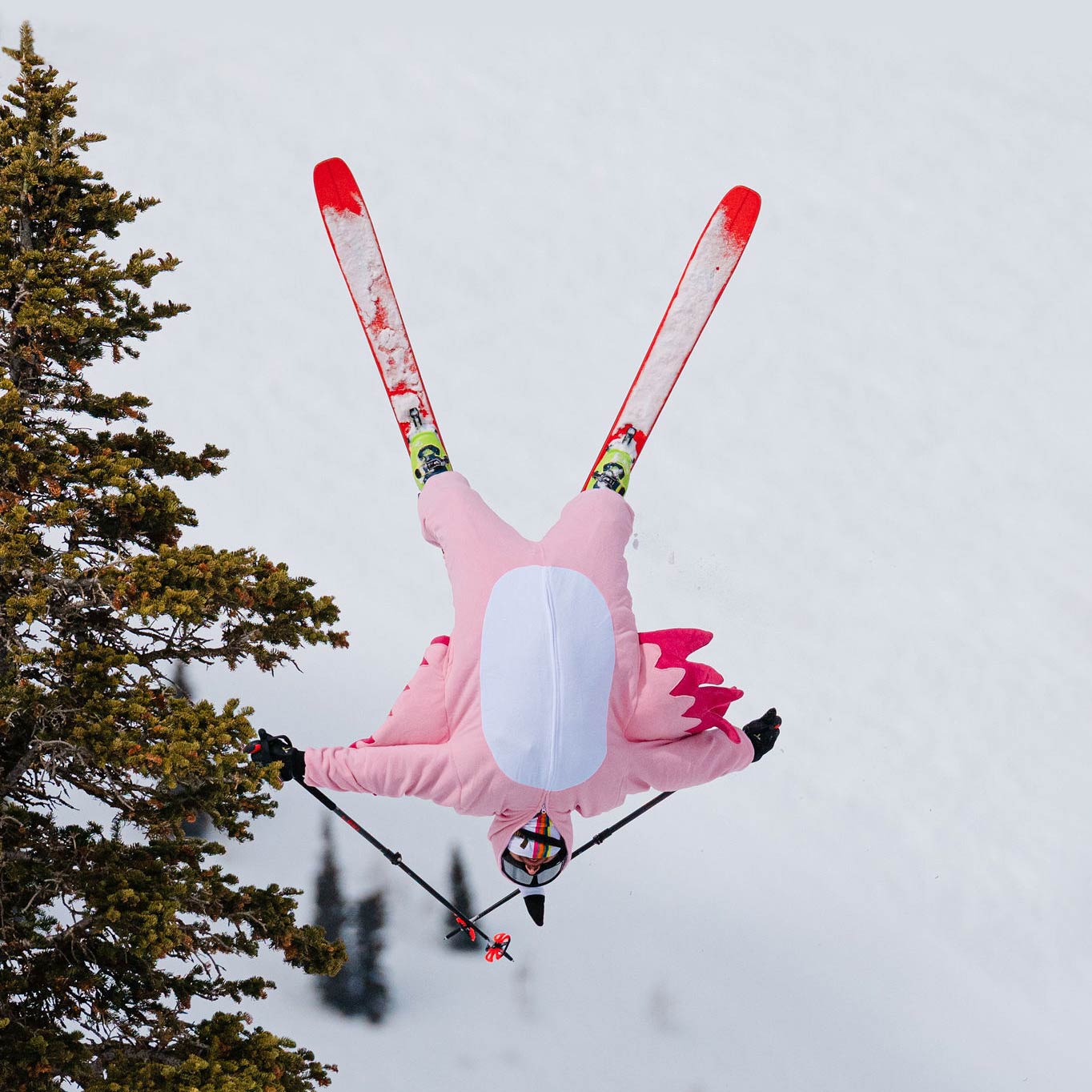
Happy Halloween!
According to a quick Google search and some help from AI, I’ve confirmed that Halloween originated from the Celtic or Gaelic festival of Samhain, which marked the transition from summer and fall into the depths of winter. Since that explanation matches what I believe I learned in 5th grade, I’m choosing to believe AI on this one.
According to pagan beliefs, Halloween is the day when the veil to the spirit world is thinnest. I can’t say I’m able to confirm or deny that, but I can confidently say the veil to winter feels like it’s thinning—in some places, winter may have crept in already.
Originally, believers celebrating Samhain donned costumes to ward off spirits, a tradition that’s carried on ever since. I’m not sure what my Halloween costume will be yet (I know, it’s late), but I have been starting to break out my winter costume. I’m ready to start pretending to be a skier again.
—Liam
🔥 The Perseverance Issue HERE: Subscribe today »
Gear
-
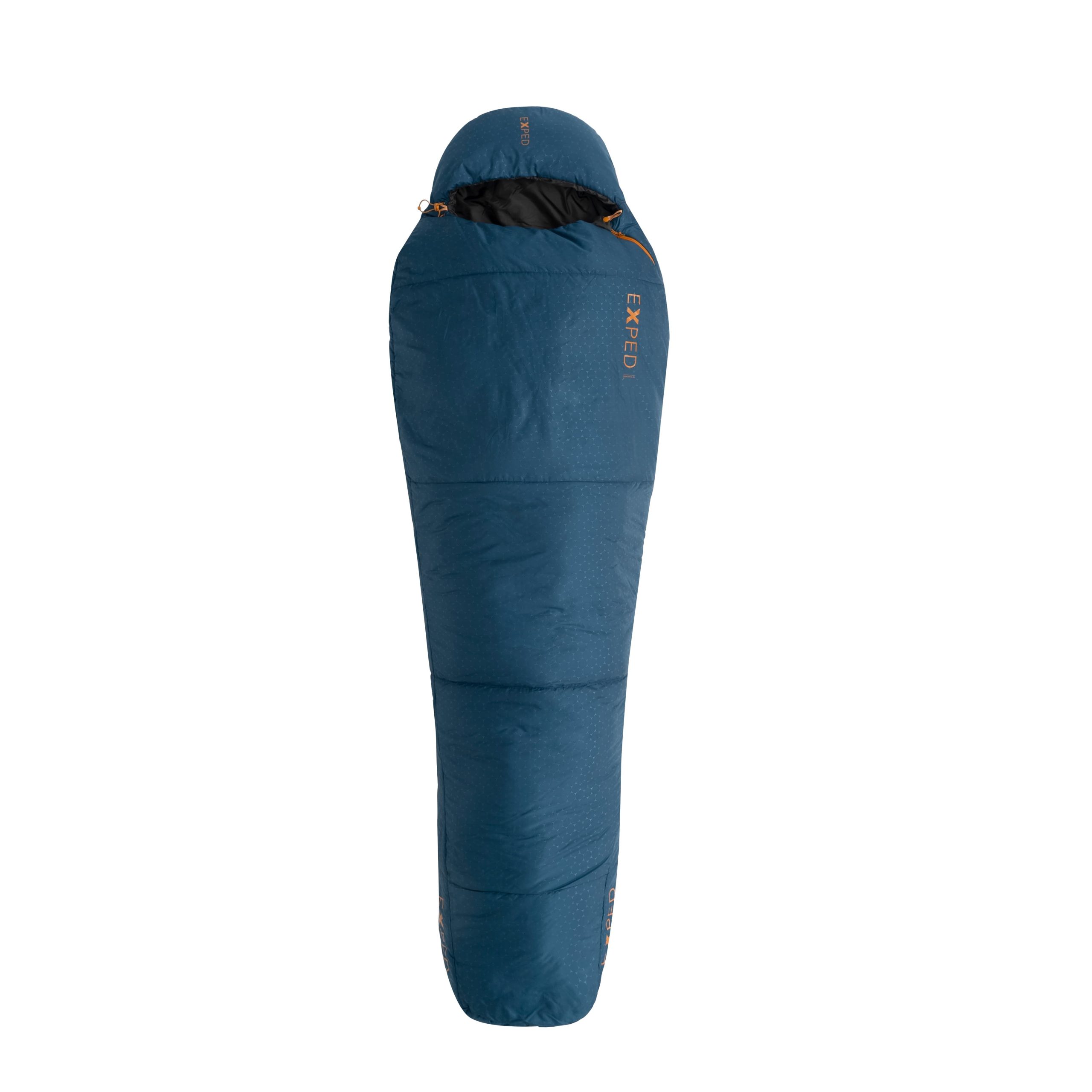
Summer Gear Roundup: Backpacking
Dialing in your setup is essential to any backcountry mission. While most of this gear tested by our staff is designed for warmer seasons, plenty of it can, and will, double as essentials on winter hut trips, spring traverses and other cold-weather adventures.
-
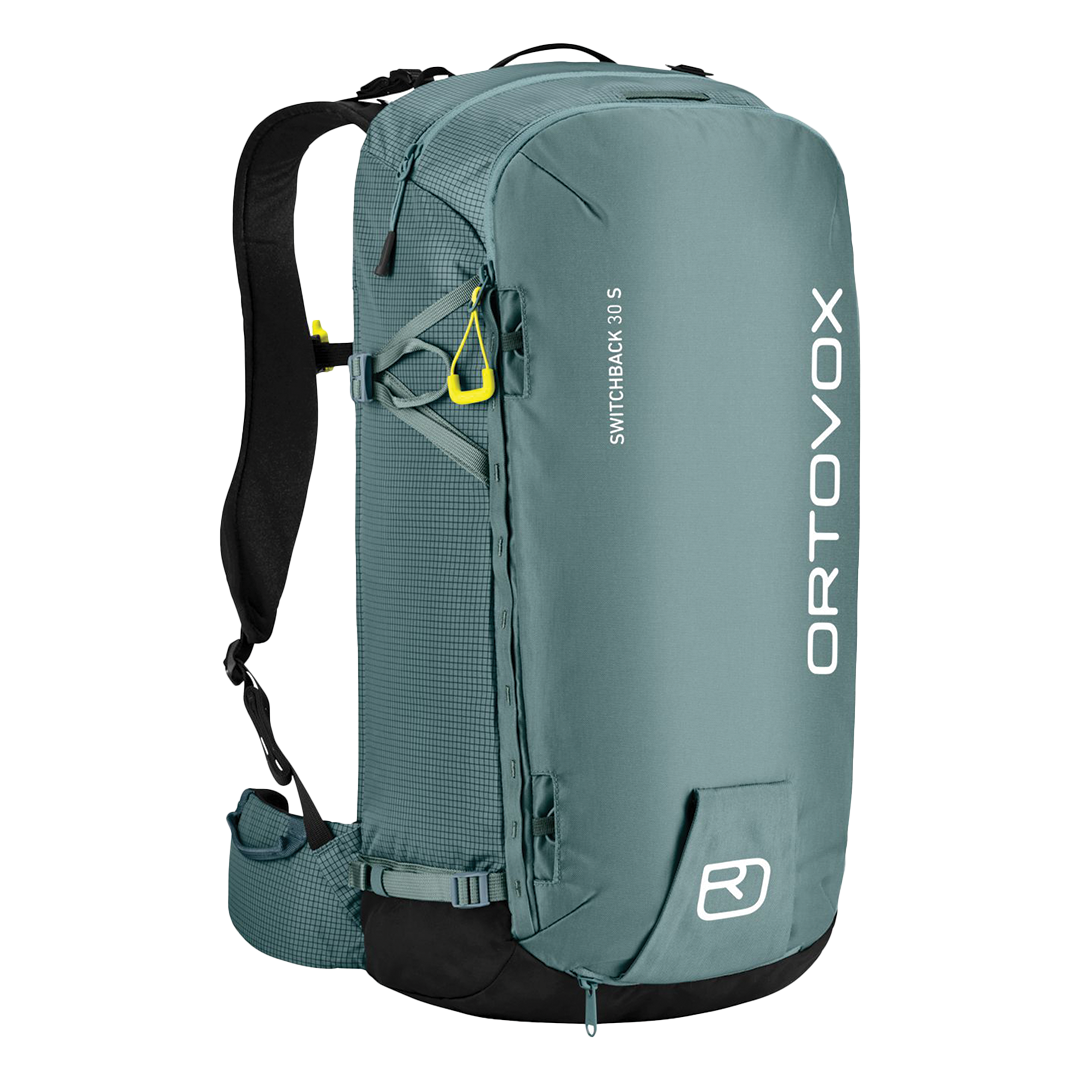
Gearbox: 2025 Packs
The best ski touring packs of 2025, reviewed.
-
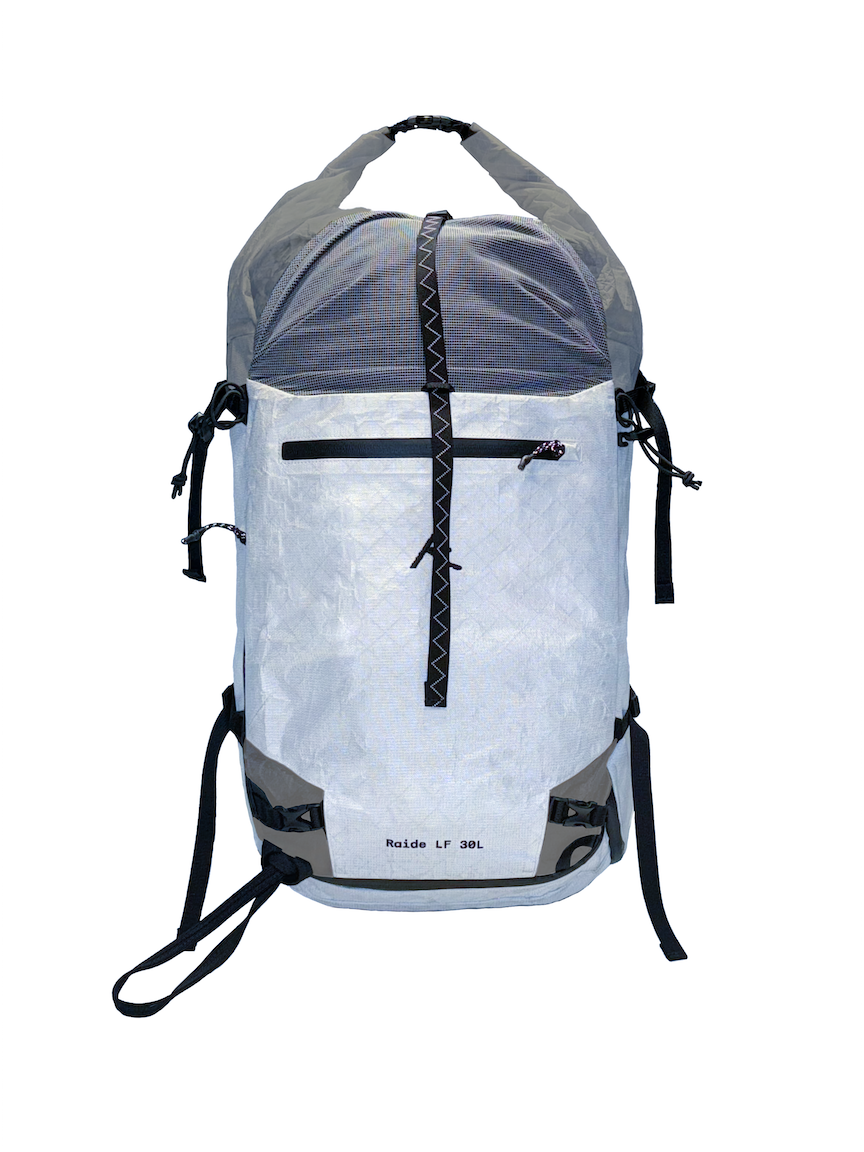
Gearbox: 2025 Ultralight Packs
In a year where ultralight packs exploded in popularity, we’ve reviewed some of the best option for your long distance, lightweight tours.
-
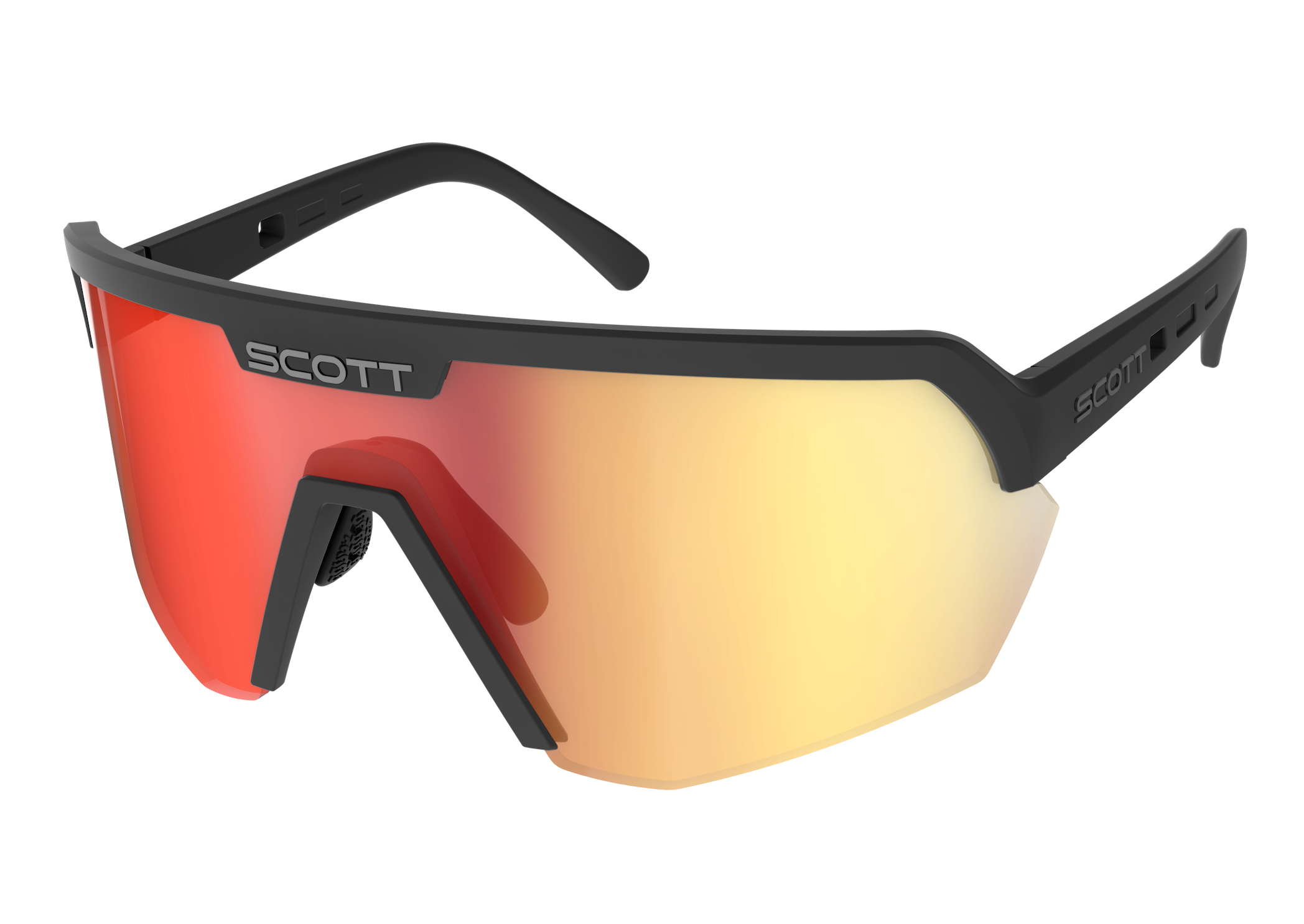
Gearbox: 2025 Sunglasses
Whether summer or winter, sunglasses are essential for backcountry sports. Here’s a few of the best shades from this year, reviewed.
MORE GEAR
-
Gearbox: 2025 Camera Gear
With these packs, storage options and drones, capturing your adventures in the mountains has never been easier.
-
The Scarpa TX Pro: Reviewed
The debut of the new Scarpa TX Pro, our 2025 Editors’ Choice telemark boot, marks an exciting, and long awaited, development in telemark gear.
-
2025 Editors’ Choice Ski Reviews
From powder skis to quiver-killers to skimo options, check out this year’s Editors’ Choice backcountry skis reviews.
-
2025 Editors’ Choice Apparel Reviews
Our 2025 Editors’ Choice apparel includes an assortment of layers, from hard- and soft-shells to puffies to baselayers.
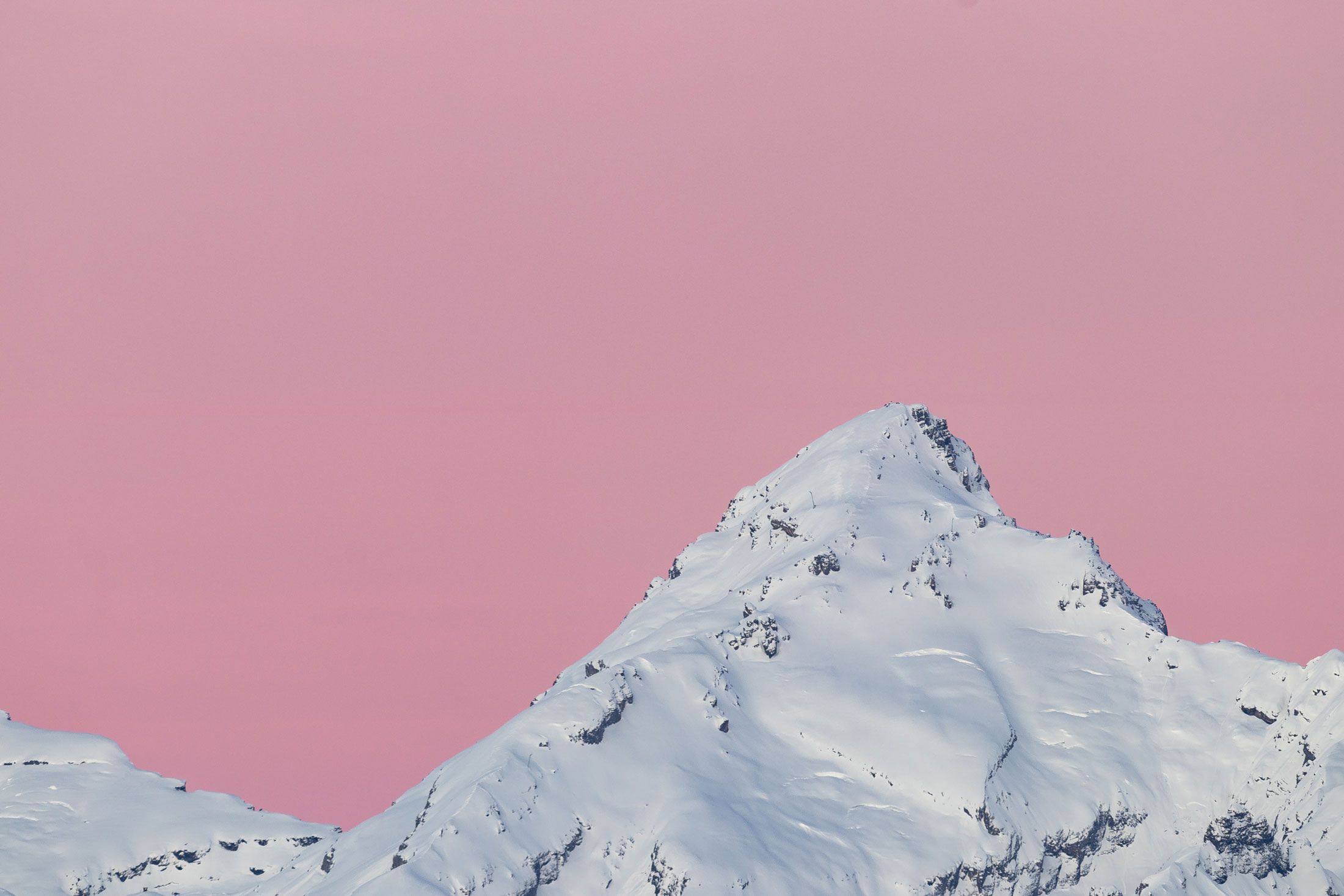
The Backcountry Podcast
From legendary athletes to iconic product designers, activists to guides, our world is filled with new views, wisdom, determination and crustiness.
Latest Podcast Episodes

From playing NCAA soccer to a successful modeling and acting career to being the top polar explorer of his time, Doug Stoup is an enigma. Host Adam Howard recently journeyed to Antarctica with Stoup and their conversation ranges from Doug’s personal training of A-list Hollywood actors to near death experiences; adventures with Doug Coombs; and taking novice skiers to the South Pole.
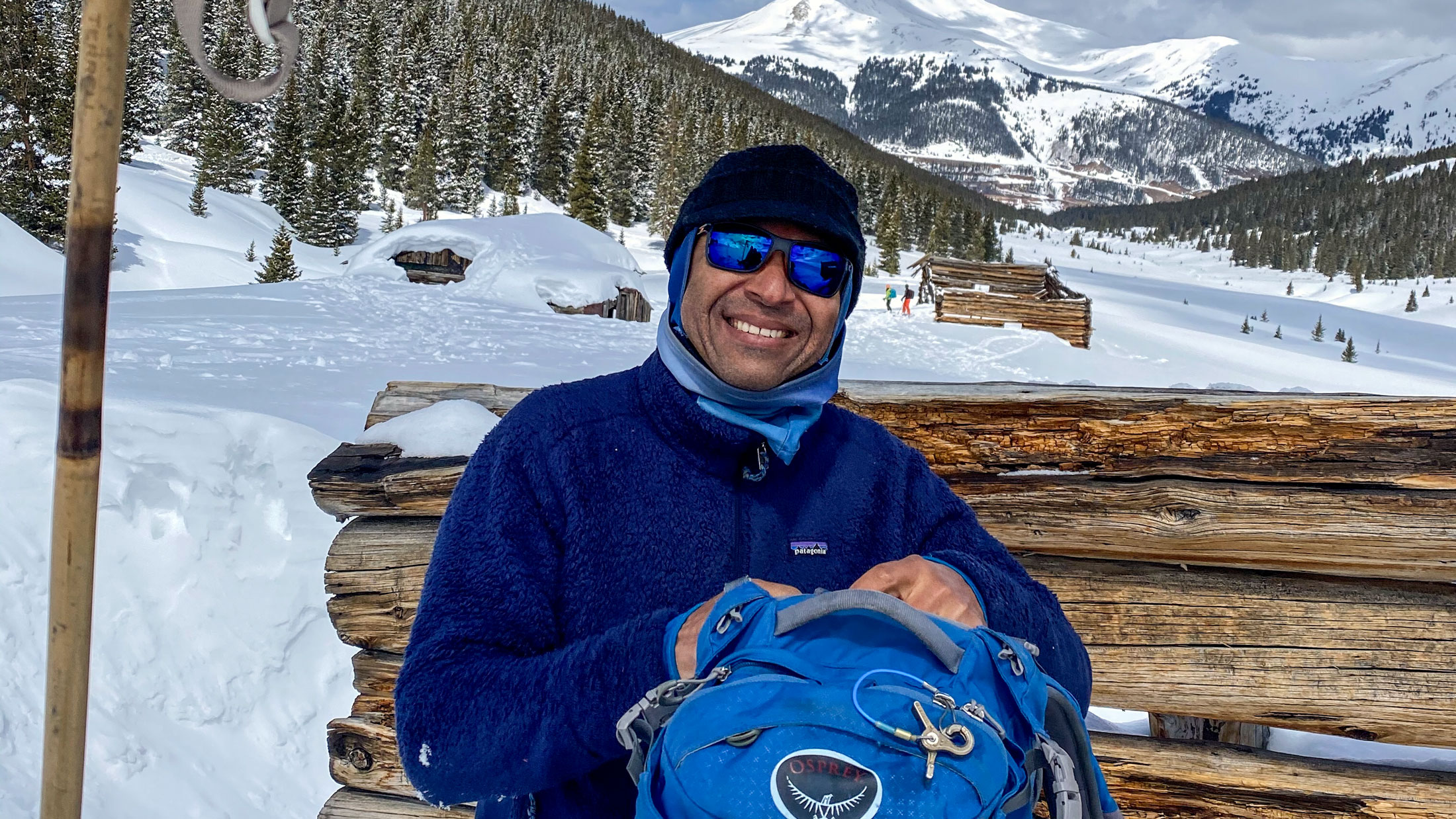
Tele Mike Russell: Turns for All
Tele Mike Russell grew up as a sharecropper’s son in Delaware before attending college and becoming an executive in the pharmaceutical industry. Then he watched the second plane hit the World Trade Center and decided he’d better follow another path, this one to skiing in Colorado, where he’d go on to find a family in the National Brotherhood of Skiers and help found its backcountry program.

Eric Blehm’s roots in snowboarding run deep. He started riding during the sport’s infancy, and after college became an editor at Transworld SNOWboarding Magazine. Years later, he was in a lift line when a fellow rider saw the “Craig Kelly is my Co-Pilot” sticker on his board, and asked Blehm: “Who is Craig Kelly?” He was floored by the notion that there were snowboarders out there who didn’t know who Craig was. And this inspired him to write The Darkest White.
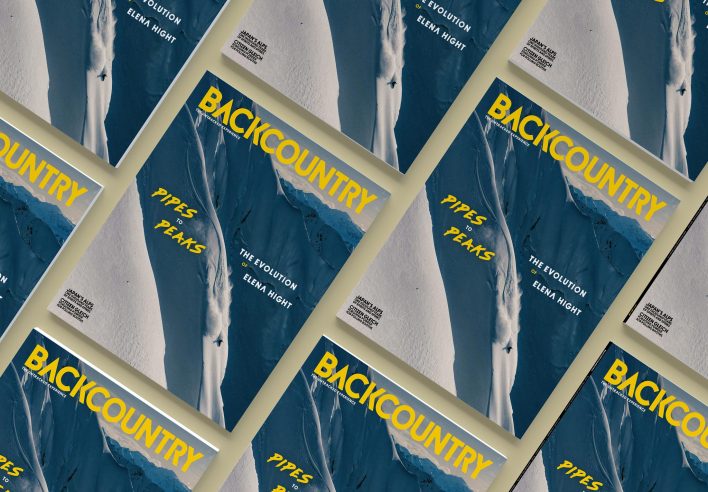
The Perseverance Issue
Subscribe now to get our latest issue.
Mountain Skills
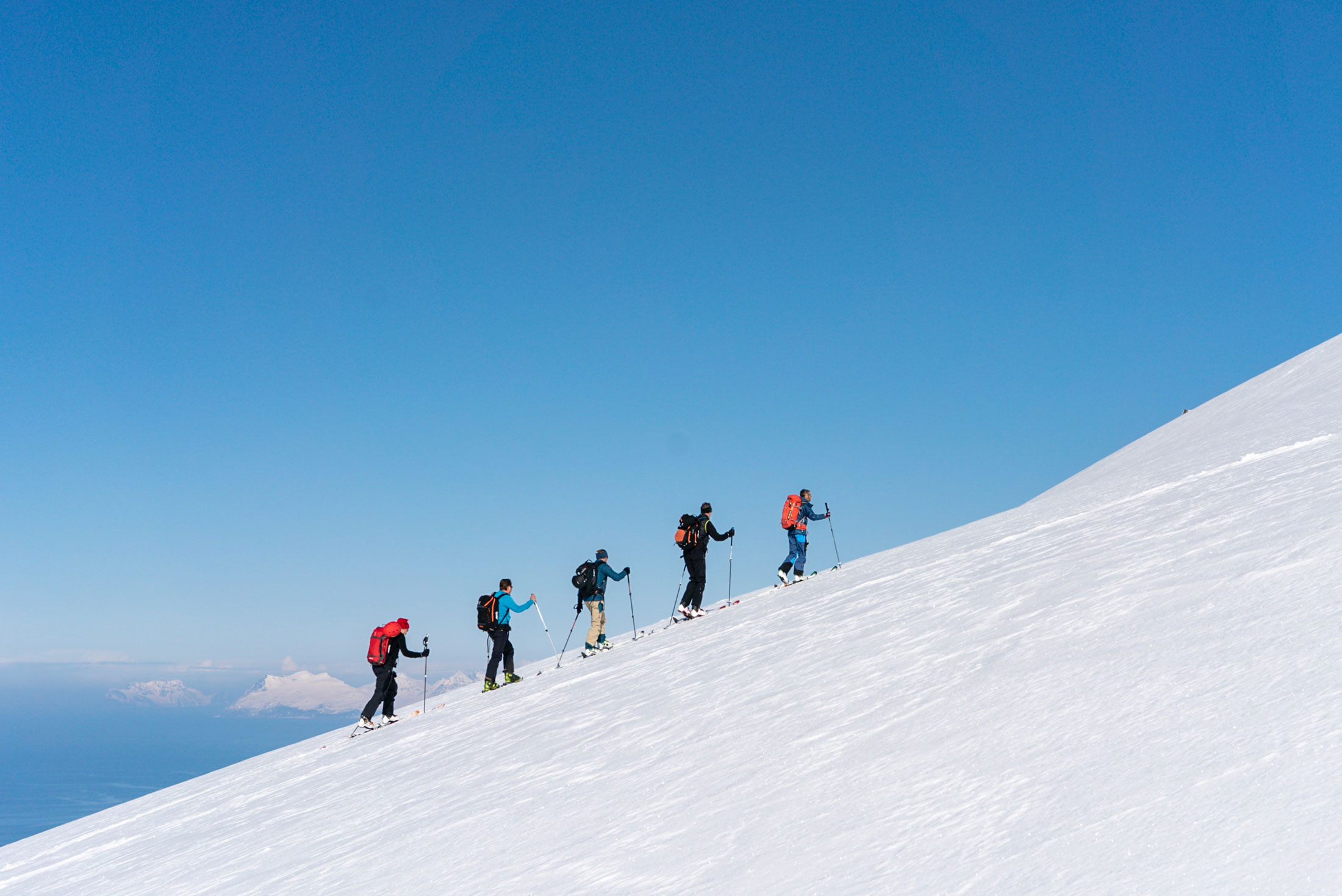
Resort Skinning Policies
We’ve compiled a database of U.S. resorts with a little about each individual policy—where and when skinning is allowed, whether or not it’s free during operating hours and the link directly to the resort’s guidelines.
